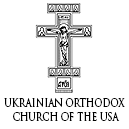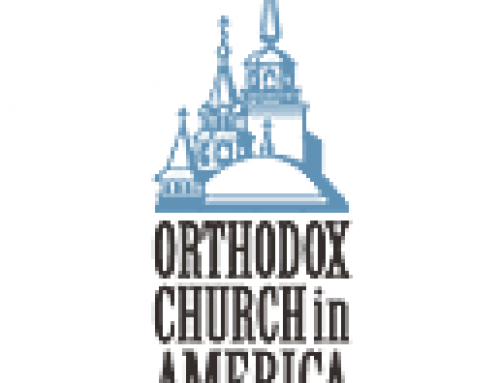This post was originally published on this site
Recently I gave a presentation on “The Way to Wholeness according to Orthodox Christianity” at our local synagogue’s weekly community forum. Toward the end of the presentation one of the men at this forum asked, “Do you believe that this wholeness you describe is something people aspire to or something you actually achieve?” I told him that this was an excellent double question and I answered, “yes” to both parts. Here’s how my answer went.
When we have our spiritual goals in place and we are not distracted by countless agenda that drag us down, like simply maintaining the institution or running a cultural club, we are in fact aspiring to that wholeness. That is what the church is for and I suggested that it is also what the synagogue is for, to which I received many nods of approval.
In our Orthodox understanding, we experience that wholeness already in part through the sacramental life and in part through the (ascetic) training we receive in prayer, fasting, and works of love. We await the fullness, but the experience gives us a “foretaste of the feast to come.”
We see this achievement in the saints, who are models and examples and guides toward the fulfillment of the promise of wholeness. The saints are lights shining into and onto that future wholeness that is available for all of us.
Moving on to today’s meditation, St. Olha is distant from us in time but no less an example of holiness both aspired to and achieved in this life. Her name means “holy,” and presumably she possessed insight, depth, and a sober mind. Olha’s husband Prince Igor was killed in battle in 945, and Olha took over governance with firm hands, instituting many improvements through building and organization across the realm, elevating the culture of her time.
Olha made the arduous journey to Constantinople with a retinue where, in 955, she was baptized and chrismated at the hands of Patriarch Theophylactus (933-956). Her godfather was the Emperor Constantine Porphyrogenitos (912-959). She received the baptismal name Helena, after yet another saint who was the mother of Constantine the Great. Helena rose to the challenge of her baptismal name and showed herself to be zealous for the spread of the faith in the area. She was able to use her office to influence the broadening and deepening of the nascent faith in the Kyiv Rus lands, including the building of numerous churches, among them the first cathedral of the Wisdom of God at Kiev. She reposed in 969.
St Olha’s life was not without disappointment. Her son Svyatoslav did not embrace the Christian faith. For those of us who have known this sorrow, she may serve as a particular source of comfort.
It was her grandson Volodymyr, Prince of Kyiv, who not only embraced the faith of his grandmother but also was instrumental in achieving the ultimate Christianization of the Kyiv Rus, usually dated from 988.
The life of Olha speaks to us of the influence that the public figures of every generation can bring, either for or against the faith. She stands out as a public figure who used every fiber of her being to extend and strengthen the faith which she had so firmly embraced at her baptism. Would that we can all exhibit this strength and conviction in our lives, whether we are famous or anonymous in our time.
Troparion – Tone 1
Giving your mind the wings of divine understanding,
you soared above visible creation seeking God the Creator of all.
When you had found Him, you received rebirth through baptism.
As one who enjoys the Tree of Life,
you remain eternally incorrupt, ever-glorious Olga.
Kontakion – Tone 4
Today let us praise God the Benefactor of all,
who glorified divinely-wise Olga,
that through her prayers, He may grant our souls remission of sins.
Fr Gabriel Rochelle
St Anthony of the Desert Orthodox Mission
Las Cruces New Mexico



